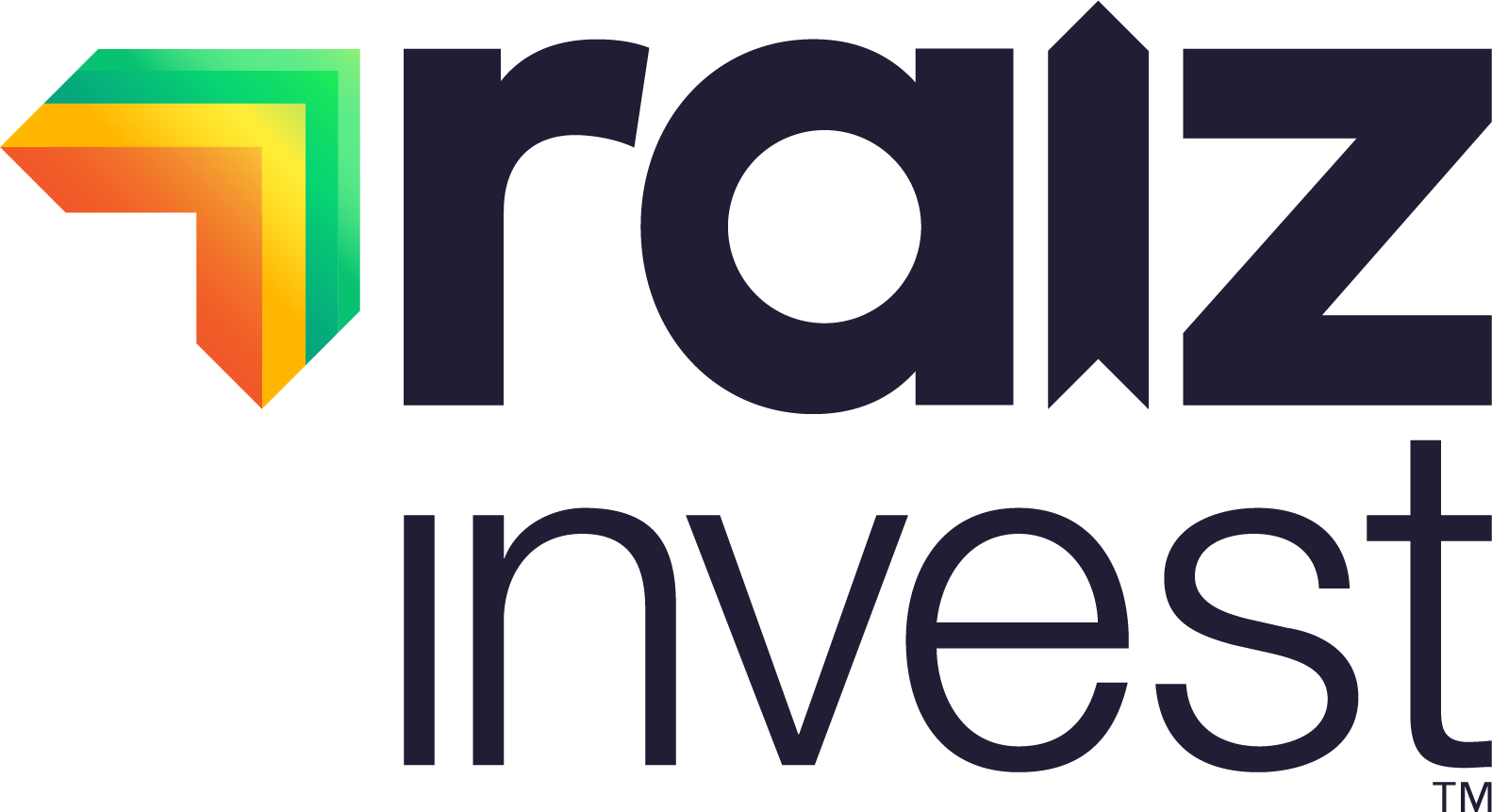Omicron variant sparks market shake up

29-11-2021
George Lucas, Raiz Group CEO
Market sentiment was decidedly risk-off as the week ended amid reports of a new coronavirus strain concerning the WHO. The so-called Omicron variant has already spread fast, with two cases now detected in Australia as countries asses the risk and how to manage it.
The initial reports came out while the US markets and banks had skeleton staff operating as most workers took the opportunity to enjoy the Thanksgiving long weekend. The volatility in the markets and oil prices were already affected by the lack of liquidity due to this US holiday. They were then dramatically jolted by their hardest falls in more than a year as fears about the new strain emerged.
As expected, the sell-off saw assets most exposed to the pandemic hit hardest, with the S&P500 down 2.27 per cent overnight on Friday after being flat most of the week. Crude oil benchmarks in Europe and the US fell more than 10 per cent, the biggest fall since April 2020.
As mentioned, even though the catalyst for the sell-off was the new strain of the virus, the magnitude of the falls in equity markets and oil prices was more likely linked to the Thanksgiving holiday, and it will take weeks to understand the full impact of Omicron.
That’s because, at this early stage in the virus’ lifecycle, a number of questions still need to be answered about the new strain. These include establishing the severity of its symptoms, the impact of high vaccination rates, and the early moves by countries to shut borders this time around (compared to the emergence of the Delta strain).
What does Omicron mean for markets?
Many new equity investors may find a 2.27 per cent move unusually large. Rest assured it is not, with markets in the past experiencing much larger moves down and recovering quickly.
When markets fall, sometimes sharply, the worst possible investor response is a knee-jerk reaction. Remember, we have enjoyed a strong market since September 2020, with markets consistently rising and many media stories generated about wealth creation and investing as a long-term game.
The truth is media stories that impact markets are often poorly researched as journalists seek quick and easy answers. With the benefit of hindsight, we often find that market falls were driven by different factors, such as in this case where the Thanksgiving long weekend could be a major factor.
New variant overshadows inflation fears
Meanwhile, inflation continues to make headlines however it’s likely that Omicron will subdue concerns about rising prices. Recent US CPI numbers came it at 6.2 per cent on an annualised basis, the highest since 1990. In Asia, inflation hasn’t really emerged yet as a significant issue.
Elsewhere, despite lockdowns being reintroduced into some European countries, the eurozone composite Purchasing Managers Index (PMI) in November suggests the region’s recovery has not lost further momentum.
The region’s equity markets, by contrast, have suffered from resurgent virus cases and reimposed lockdowns, with a marked underperformance of eurozone equities relative to the US.
Still in Europe, the account of October’s European Central Bank meeting suggests there’s no guarantee that net PEPP purchases — the ECB pandemic stimulus package — will end in March 2022. If it does, the ECB may well leave open the possibility of re-starting purchases later in 2022 if needed.
China economic rebound remains under threat
In China, the Capital Economic China Activity Proxy shows that growth ticked up last month in the Asian superpower due to easing energy shortages and continued recovery in the service sector after virus-related disruptions over the summer.
Even so, the Chinese rebound remains lacklustre, with output still well below June’s peak as the world’s second largest economy continues to struggle to bat away its economic challenges.
Australia eyes further virus lockdowns
At home, the approximately 2 per cent drop in Australia’s private capital expenditure in Q3 was driven by a slump in spending on machinery and equipment, which in turn largely reflected the extended lockdown in NSW as the state grappled to get on top of Covid-19.
On the plus-side, construction investment in Australia held up well in the quarter, and with NSW having now exited lockdown, it’s my view that business investment is likely to bounce back. The end of lockdowns is also likely to mean that retail sales rebounded further in October.
Looking ahead, the key is that Omicron doesn’t cause any fresh lockdowns in Australia, or the rest of the world, which will stall the recovery that’s currently underway.
Currency volatility surges amid Omicron fears
The emergence of the new virus strain has also affected currency markets, and it comes as no surprise that most emerging market currencies have weakened against the US dollar. The South African rand and other “high beta” currencies have been hit hardest.
Among the G10 currencies, those typically most sensitive to risk appetite and commodity prices such as AUD, NZD, NOK and CAD have also been among the worst performers. We’ve also seen the JPY, EUR and CHF outperform the safe-haven USD.
Don’t have the Raiz App?
Download it for free in the App store or the Webapp below:

Important Information
If you have read all or any part of our email, website, or communication then you need to know that this is factual information and general advice only. This means it does not consider any person’s particular financial objectives, financial situation, or financial needs. If you are an investor, you should consult a licensed adviser before acting on any information to fully understand the benefits and risk associated with the product. This is your call but that is what you should do.
You may be surprised to learn that RAIZ Invest Australia Limited (ABN 26 604 402 815) (Raiz), an authorised representative AFSL 434776 prepared this information.
We are not allowed, and have not prepared this information to offer financial product advice or a recommendation in relation to any investments or securities. If we did give you personal advice, which we did not, then the use of the Raiz App would be a lot more expensive than the current pricing – sorry but true. You therefore should not rely on this information to make investment decisions, because it was not about you for once, and unfortunately, we cannot advise you on who or what you can rely on – again sorry.
A Product Disclosure Statement (PDS) for Raiz Invest and/or Raiz Invest Super is available on the Raiz Invest website and App. A person must read and consider the PDS before deciding whether, or not, to acquire and/or continue to hold interests in the financial product. We know and ASIC research shows that you probably won’t, but we want you to, and we encourage you to read the PDS so you know exactly what the product does, its risks and costs. If you don’t read the PDS, it’s a bit like flying blind. Probably not a good idea.
The risks and fees for investing are fully set out in the PDS and include the risks that would ordinarily apply to investing. You should note, as illustrated by the global financial crisis of 2008, that sometimes not even professionals in the financial services sector understand the ordinary risks of investing – because by their nature many risks are unknown – but you still need to give it a go and try to understand the risks set out in the PDS.
Any returns shown or implied are not forecasts and are not reliable guides or predictors of future performance. Those of you who cannot afford financial advice may be considering ignoring this statement, but please don’t, it is so true.
Under no circumstance is the information to be used by, or presented to, a person for the purposes of deciding about investing in Raiz Invest or Raiz Invest Super.
This information may be based on assumptions or market conditions which change without notice and have not been independently verified. Basically, this says nothing stays the same for long in financial markets (or even in life for that matter) and we are sorry. We try, but we can’t promise that the information is accurate, or stays accurate.
Any opinions or information expressed are subject to change without notice; that’s just the way we roll.
The bundll and superbundll products are provided by FlexiCards Australia Pty Ltd ABN 31 099 651 877 Australian credit licence number 247415. Bundll, snooze and superbundll are trademarks of Flexirent Capital Pty Ltd, a subsidiary of FlexiGroup Limited. Lots of names, which basically you aren’t allowed to reproduce without their permission and we need to include here.
Mastercard is a registered trademark and the circles design is a trademark of Mastercard International Incorporated.
Home loans are subject to approval from the lending institution and Raiz Home Ownership makes no warranties as to the success of an application until all relevant information has been provided.
Raiz Home Ownership Pty Ltd (ABN 14 645 876 937), an Australian Credit Representative number 528594 under Australian Credit Licence number 387025. Raiz Home Ownership Pty Ltd is 100% owned by Raiz Invest Australia Limited (ABN 26 604 402 815).



